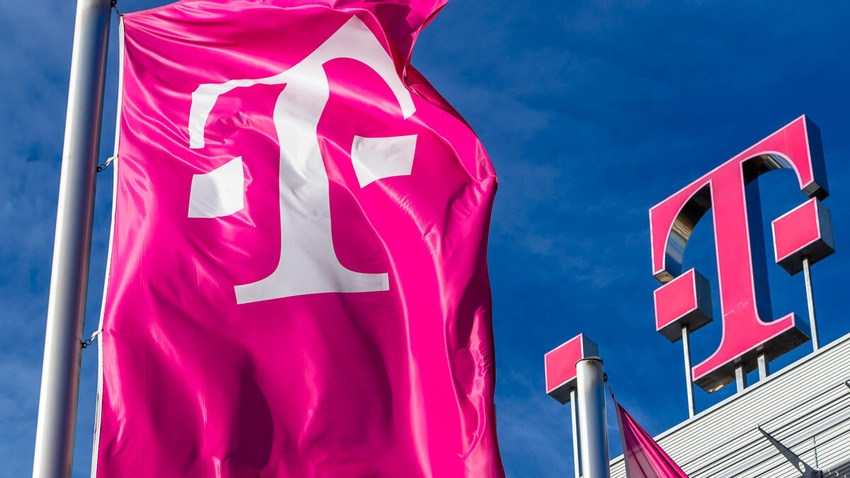Eurobites: Deutsche Telekom uses 6GHz spectrum to set 'world record'
Also in today's EMEA regional roundup: Nokia helps monetize edge charging; BT and SAP combine on carbon accounting; Orange and Proximus waive charges in wake of Moroccan earthquake.

Also in today's EMEA regional roundup: Nokia helps monetize edge charging; BT and SAP combine on carbon accounting; Orange and Proximus waive charges in wake of Moroccan earthquake.
Deutsche Telekom is claiming a "new world record in mobile radio" of 12 Gbit/s using a combination of 3.6GHz and 6GHz spectrum, the latter not yet commercially available for mobile communications. The rates were achieved during tests in the German town of Alzey, notched up over a distance of around 100 meters. The operator is hoping that the forthcoming World Radiocommunication Conference will clear the way for 6GHz spectrum to be used for 5G commercially.
Nokia has launched a new dollop of software, which is called Enterprise Edge Charging and is intended to offer enterprises more control over data processed and analyzed at the "edge" of the network. The vendor reckons the software could either be sold direct to enterprises or to communications service providers who could charge their own enterprise customers.
BT has teamed up with SAP to show how carbon accounting could be standardized for business customers by piloting SAP's recently launched SAP Sustainability Data Exchange (SDX). SAP SDX enables BT to collect, trace and share carbon data across its own supplier base, providing visibility into the carbon footprint of its business products and services. BT, if it chooses, can then share this information directly with customers when they purchase products through the SAP Business Network.
Still in sustainability territory, Nordic operator Tele2 has joined the UN-linked Exponential Roadmap Initiative, which aims to bring together companies from a range of sectors to halve emissions by 2030 and reach net-zero emissions before 2050.
In the wake of the Moroccan earthquake, Orange and Proximus are among those operators doing their bit to help people who might be affected by the disaster. In France, consumer mobile customers of Orange and Sosh will, until September 15, benefit from free calls from France to Moroccan mobiles and landlines. In Europe, all Orange subsidiaries have announced that voice and SMS communications to Morocco will be free for a week. In Africa and the Middle East, the company has introduced similar specific offers across its entire 18-country footprint. Proximus is making mobile and fixed calls and text messages from Belgium to Morocco free of charge for all its customers for a period of time.
VEON subsidiary Beeline Uzbekistan has completed the first phase of its network upgrade, expanding its 4G population coverage to 85% by the end of 2023. The next phase of the project will see Beeline Uzbekistan strengthen the 4G experience in major urban areas including Tashkent, Samarkand and other densely populated regions.
Read more about:
EuropeAbout the Author(s)
You May Also Like












